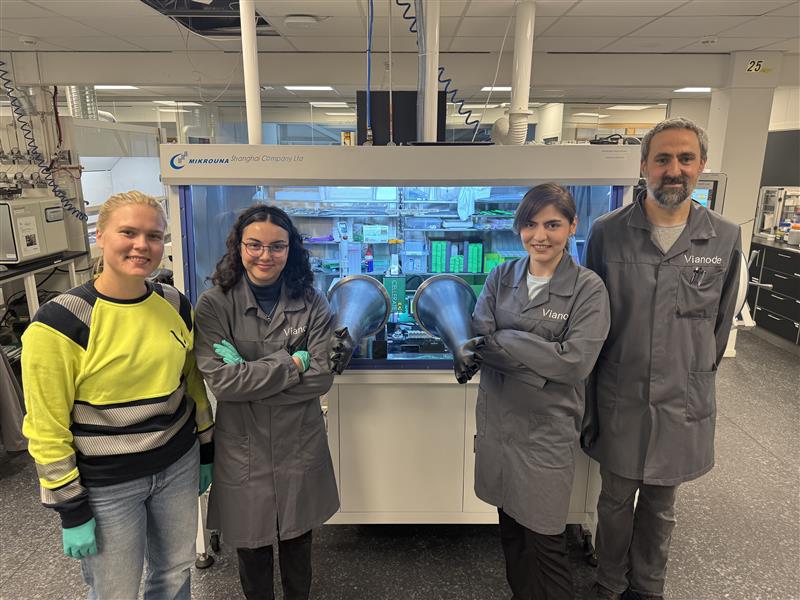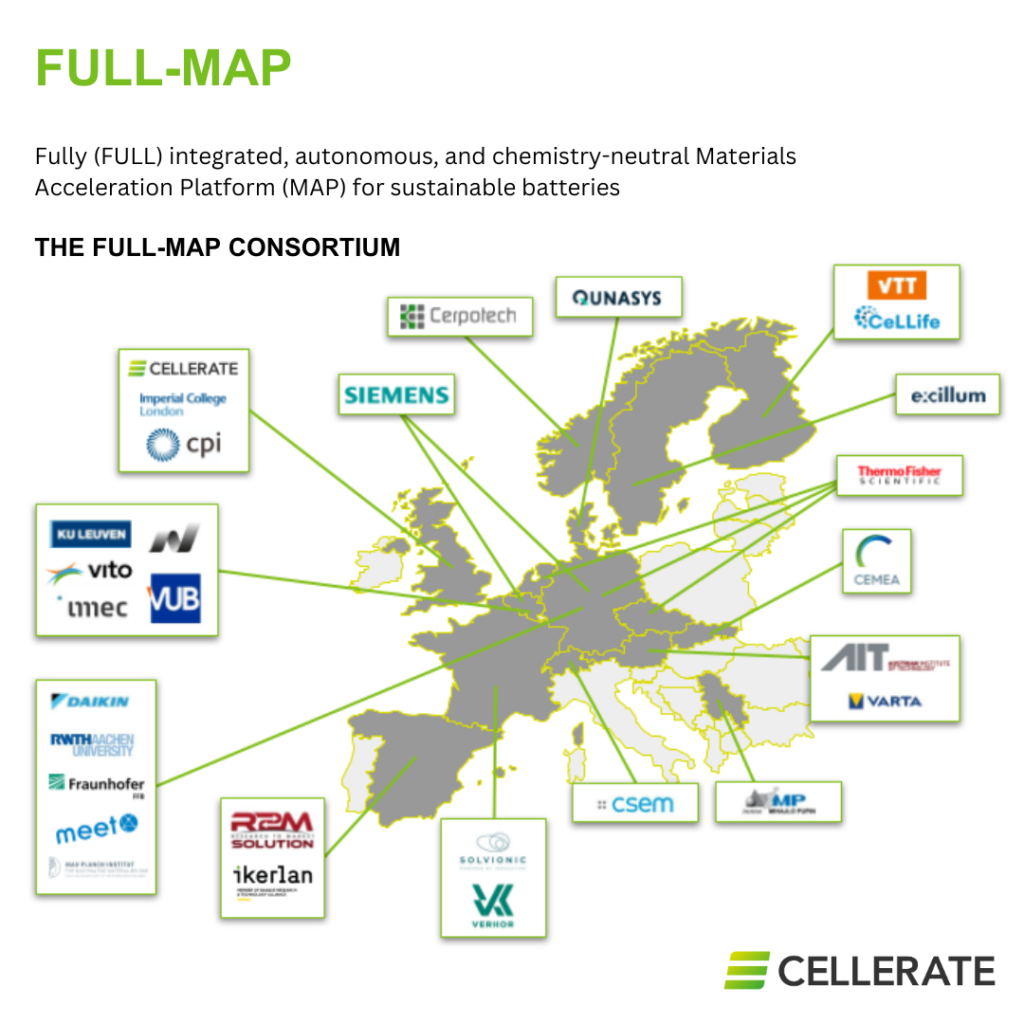Protocells by Cellerate
Protocells: Reliability, Precision & Flexibility for Battery Researchers Battery researchers have relied on coin cells for decades, but the format often limits how well laboratory results translate to real-world pouch cells. Variations in stack pressure, sealing, and electrode alignment can all affect performance data, making it harder to compare results or scale discoveries. Cellerate developed […]
Protocells by Cellerate Read More »



